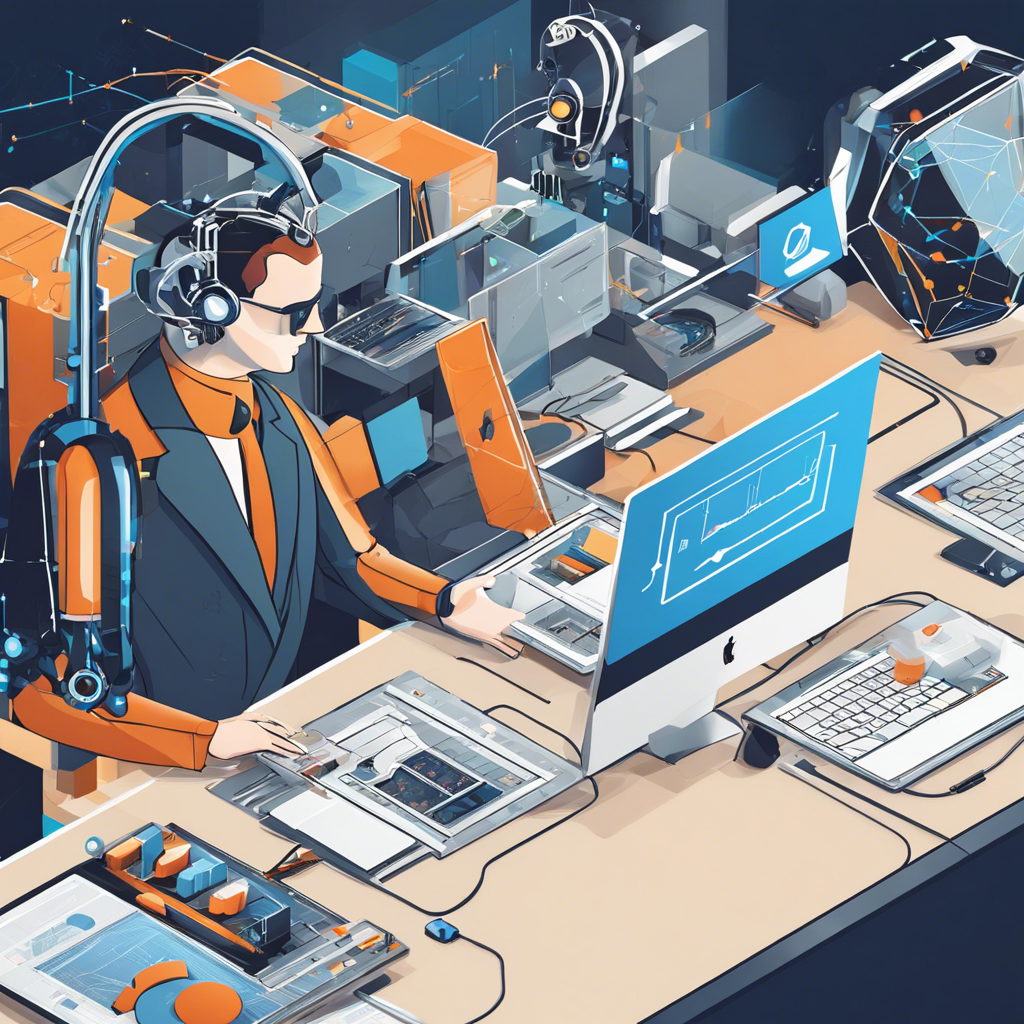The world of education is evolving, and AI is at the forefront of this revolution. AI in education offers a promising approach to personalized learning, adapting to each student’s unique needs and skills. This technology has the potential to transform how we teach and learn, making education more accessible, effective, and engaging for all.
AI-powered personalized learning platforms are designed to adapt to each student’s unique learning style and pace. These systems use algorithms to assess student performance and adjust the curriculum accordingly, offering tailored instruction and practice. This ensures that students receive a customized education that targets their specific strengths and weaknesses, maximizing their potential for growth.
One of the greatest advantages of AI in education is its ability to provide immediate and targeted feedback. AI systems can instantly evaluate student responses and provide corrective feedback, helping learners identify and address misconceptions promptly. This timely intervention can prevent students from developing deep-rooted misconceptions and motivate them to correct their understanding.
AI also enables adaptive learning, allowing educational content to be dynamically adjusted to match each student’s abilities. Using algorithms that analyze student performance and identify areas of improvement, the systems can offer tailored exercises and lessons to target specific skill gaps. This ensures that students receive instruction that is just right for their level, promoting a sense of challenge and achievement.
The benefits of AI in education extend beyond the classroom. AI-powered virtual tutors and chatbots can provide students with anytime, anywhere access to personalized learning support. These tools can answer students’ queries, offer explanatory notes, and provide additional practice materials, ensuring that learners receive timely assistance regardless of their location or time zone.
AI technology can also enhance the assessment process, providing detailed analytics and insights into student performance. By analyzing student responses and patterns, AI systems can identify areas of strength and weakness, allowing teachers to tailor their instruction accordingly. This data-driven approach enables educators to make more informed decisions about curriculum design and instructional strategies, ultimately improving student outcomes.
Moreover, AI in education can foster a more inclusive learning environment. AI-based tools, such as text-to-speech and language translation software, can accommodate a wide range of student needs, including those with visual, auditory, or language impairments. By providing alternative ways to access and interact with educational content, AI technology ensures that all learners have an equal opportunity to engage with the curriculum.
The impact of AI in education is far-reaching, and its potential is only beginning to be realized. As AI technology advances, we can expect to see even more innovative applications in the classroom and beyond. The future of education lies in harnessing the power of AI to create a more personalized, engaging, and accessible learning experience for every student.
Educational institutions and technology companies are already partnering to bring AI-powered solutions to classrooms worldwide. Together, they are creating a new era of education, where AI enhances human instruction, empowering teachers to better meet the diverse needs of their students.
With its ability to personalize learning, provide instant feedback, and adapt to each student’s needs, AI in education is revolutionizing the way we teach and learn, making a profound impact on student engagement, motivation, and ultimately, their success.


